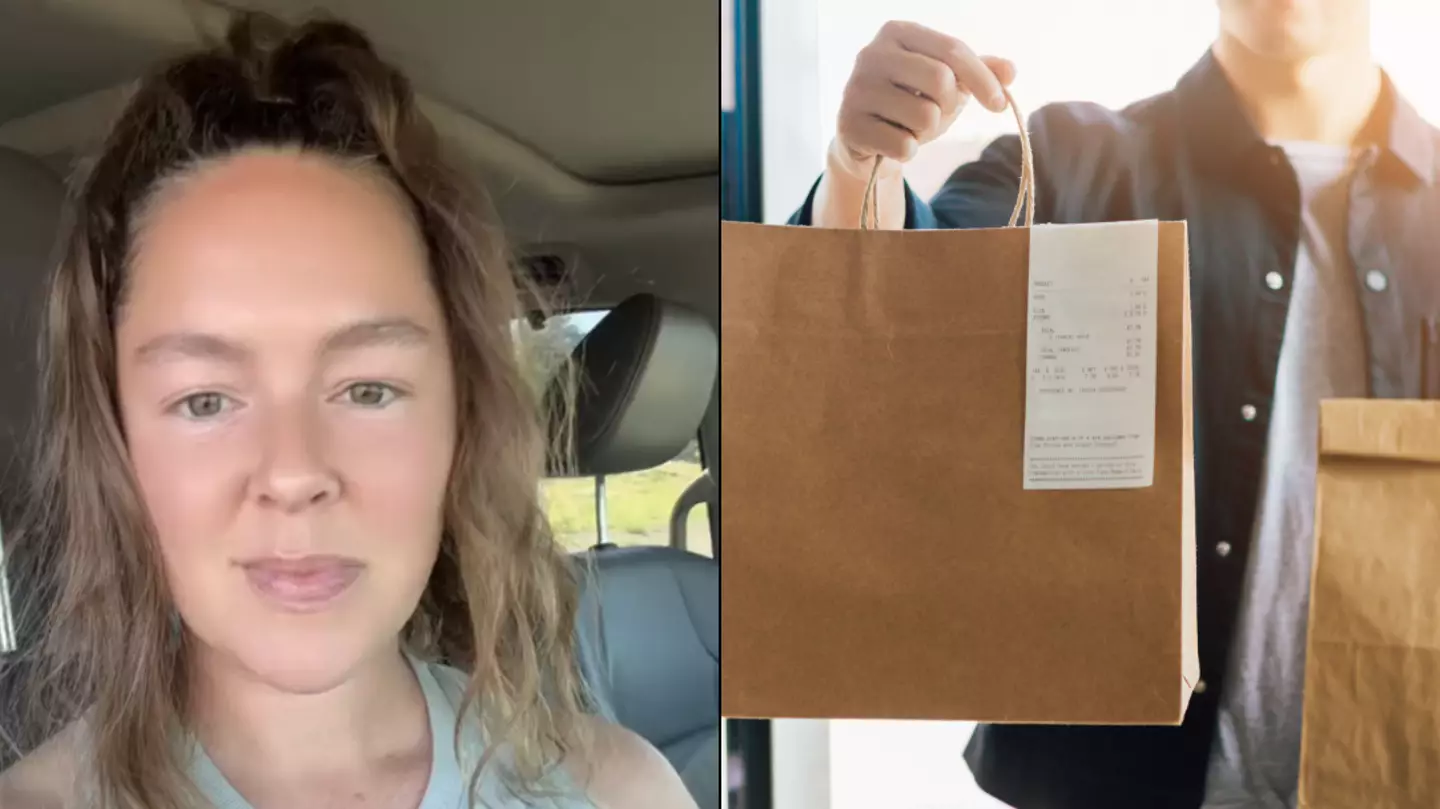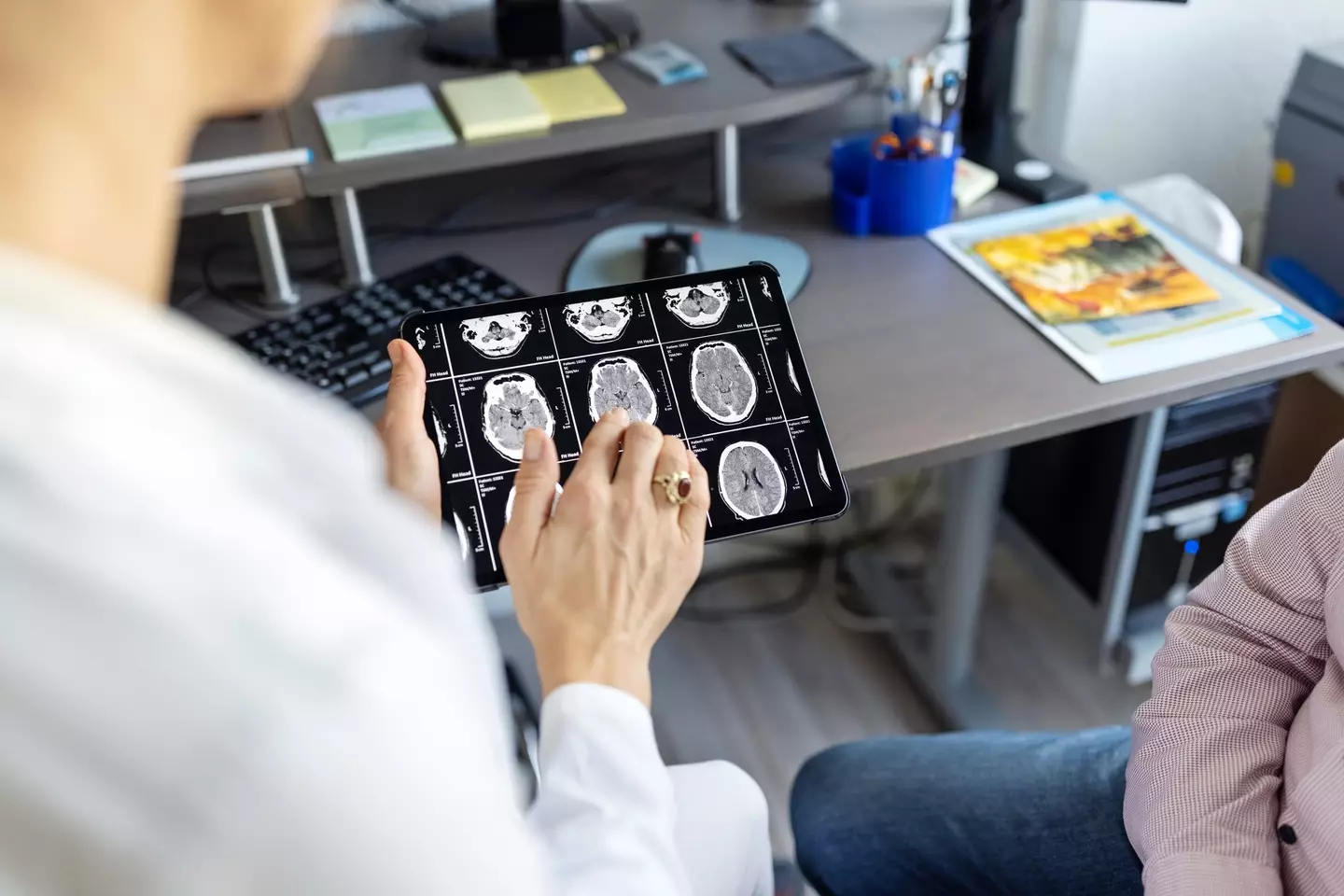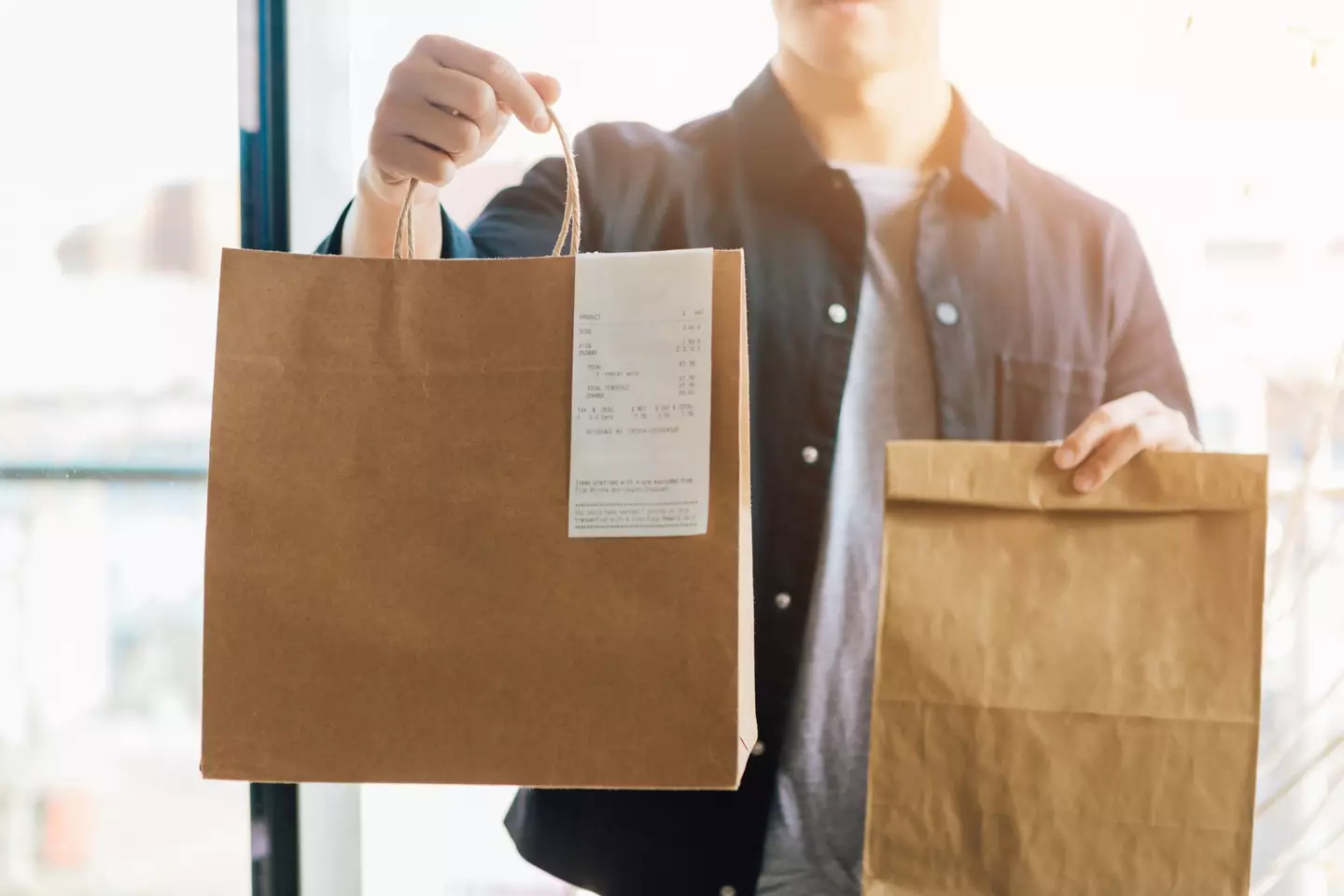
A oncology dietitian has revealed the one food she will never order from a takeaway as part of her cancer-prevention lifestyle.
Whenever we hear the word 'cancer', we immediately think the worst as the disease is predicted to become 55 percent more prominent worldwide in the next 20 years, says Cancer Research UK.
And while cancer can often be out of your control, experts have suggested that it isn't always down to just 'bad luck'.
Meanwhile, Dr Nichole from the US focuses on cancer-prevention as she explains what types of food and drink she avoids.
Advert

Taking to her TikTok account @oncology.nutrition.rd, she firstly revealed that she avoids 'all types of alcohol, including red wine'.
She claims that red wine 'is going to increase your risk of six different cancers' and that's because of 'the ethanol within the alcohol'.
Dr Nichole explained: "So many people are encouraging, I see it all the time, to have alcohol to destress, to cope with emotion, to have fun, but really any consumption of alcohol, any, it's just immediately started to increase your risk of cancer.
"So I don't drink alcohol, take it out."
Sadly, the doctor suggests to avoid, perhaps, the all-time favourite pizza topping in pepperoni.

"I do not order a pepperoni pizza, processed meats increase colorectal cancer is, also at any consumption," she said.
"Okay, so here's the deal with alcohol and processed meats, those are the only two foods that increased risk of cancer, at any consumption.
"Alright, so processed meats, whether that's pepperoni, hotdogs, deli meats, those pre cooked meats, any consumption of that it's going to be increasing your risk of cancer.
"So I do not have pepperoni pizza. What I like to put on my pizza, I'll have cheese or I'll do vegetarian, I'll do chicken or I'll even get raw sausage from a store, cook that, and then I'll make like a homemade pizza and put that on top of that.
"So, mostly chicken, mostly veggie, no pepperoni.
The expert also recommends 'not to order too much red meat'.
"So red meat is not going to increase risk of cancer at consumption like alcohol and processed meats do, however, red meats will increase risk of colorectal cancer after 18 ounces a week," she said.
"So what I do is I usually keep to about just one serving of red meat a week or I just don't have any at all.
"And so when I'm going out to eat or cooking at home, I'll build my meals around like chicken, turkey, fish, seafood, or even like different types of plant proteins like soy and things like that.
"So I don't order a lot of red meat you can however remember 18 ounces a week is okay. But beyond that, then you're increasing risk of colorectal cancer."
Dr Nichole also claimed that sweeteners do not increase the risk of cancer.
If you’ve been affected by any of these issues and want to speak to someone in confidence, contact Macmillan’s Cancer Support Line on 0808 808 00 00, 8am–8pm seven days a week.
Topics: Health, Food And Drink, Cancer